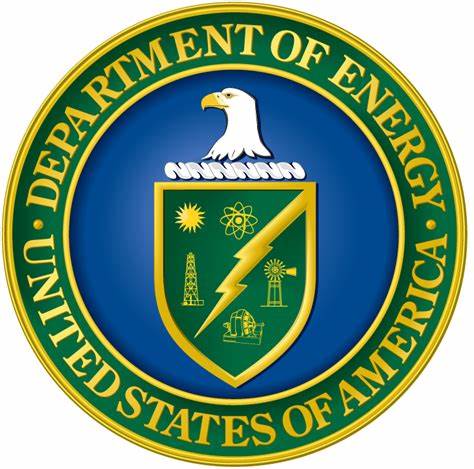The United States Department of Energy announced this week that it has issued a long-term order authorizing the export of liquified natural gas [LNG] at the proposed Jordan Cove LNG Terminal in Oregon, the first on the West Coast.
The announcement means that up to 1.08 billion cubic feet of LNG per day can be exported from the site, which was originally proposed back in 2014. Construction of the site was authorized by Federal Energy Regulatory Commission in March, according to the Dept. of Energy’s statement.
The site will receive its natural gas via the proposed Pacific Connector Gas Pipeline, a 235-mile, 36-inch-diameter natural gas transmission line that would cross Oregon.
“Today’s export authorization for Jordan Cove, the first U.S West Coast LNG project, will ease access to further position the U.S. as a top supplier of LNG around the world,” said Dept. of Energy Secretary Dan Brouillette.
“Today’s issuance to Jordan Cove serves to further expand opportunities for U.S. LNG abroad, particularly in the growing markets of Asia, and encapsulates what the Trump Administration has been working hard on for the past three years – providing reliable, affordable, and cleaner-burning natural gas to our allies around the world.”
Jordan Cove is owned by Canadian company Pembina Pipeline Corporation. The project will source natural gas from United States and Canadian sources before it is liquified at the Jordan Cove Terminal, and exported via ship internationally, the department said.
The Department of Energy hopes that LNG can be a fundamental factor in restoring the United State’s economy post-pandemic.
“As we work to overcome the COVID-19 pandemic, LNG exports are going to be one of the building blocks toward the United States’ economic recovery,” said DOE’s Assistant Secretary for Fossil Energy Steven Winberg.
“The U.S. has exported LNG to 38 countries, with this authorization to Jordan Cove, the United States can look to increase that number with expanded geographic coverage for LNG exports into key importing markets in Asia, providing enhanced economic opportunities both here in the U.S. and globally.”
The department said it believes the project could create 6,000 jobs.


